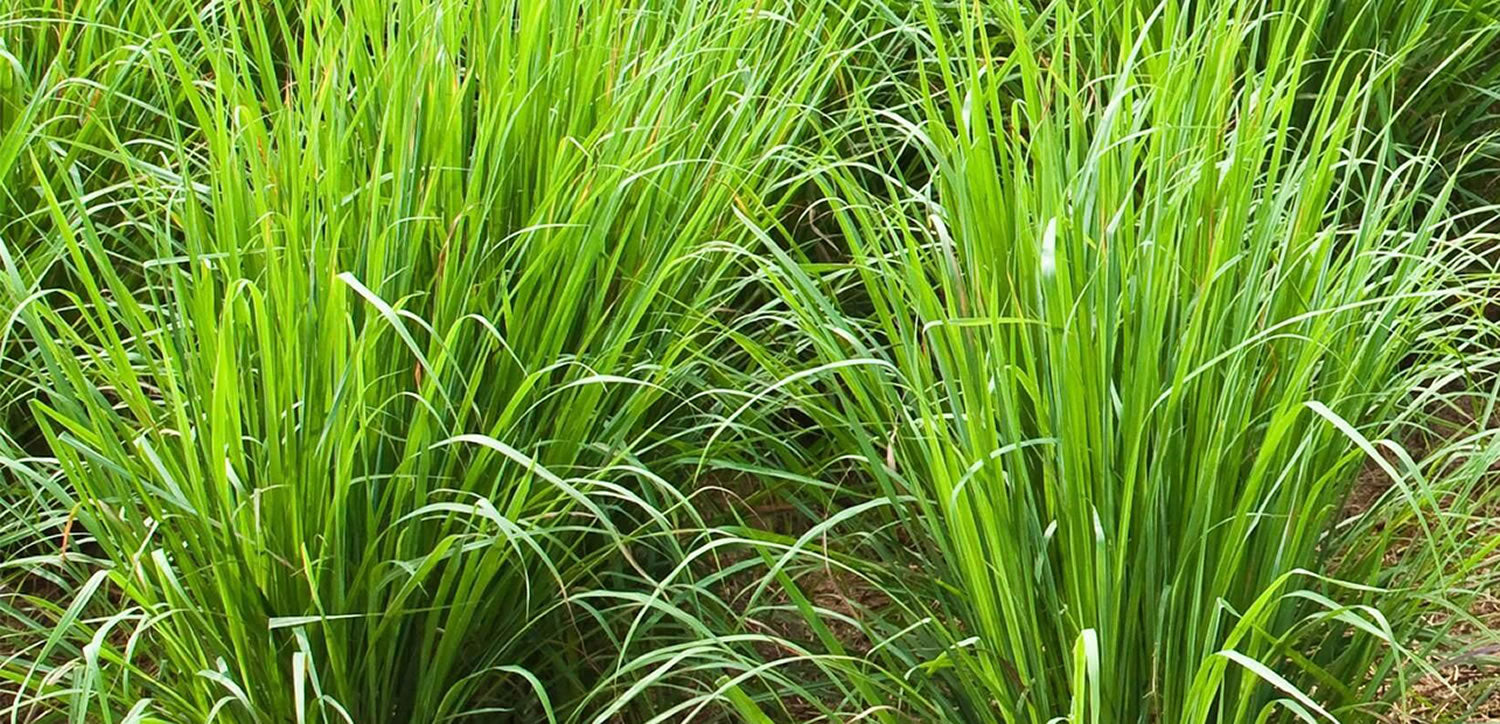The produxt smells amazing, but does not look like the product in the picture advertised.
Great fragrances - however the Oud Hind has a malfunctioning atomizer so its hard to get fge fragrance out.
As much as I wanted to be very excited about my purchase it was later discovered that the fragrances that I purchased were not legitimate products from the fragrance house Lattafa but instead are replicas. As a result of this the smell is not as pronounced as it would have been if these fragrances came from the actual brand. A bit upset because I was excited to make the purchase but given the price point, I will takw this as a lesson learned.
I cant express enougb how much i love this scent. Every time i wear it someone (usually multiple peiple) comment. I often put some on my fingers and rub it in my hair. Long-lasting perfection.




 By doing a steam distillation of the dried roots, you will obtain a deep, lightly smoky, heavy, nutty, a little bit sweet, earthy, woody… base note.
By doing a steam distillation of the dried roots, you will obtain a deep, lightly smoky, heavy, nutty, a little bit sweet, earthy, woody… base note.